Emeritus Professor of Radiology at the University of Nigeria Nsukka (UNN), Professor Ifeoma Okoye, has identified hesitancy in health screening as one of the major causes of rising cases of cancer in Nigeria in recent years.
She stated that health screening helps in early detection which reduces the burden of managing the condition and also mortality rate associated with the disease.
Join our WhatsApp ChannelOkoye, who was recently appointed as Adjunct Professor of Research and Innovation at the National Institute for Cancer Research and Treatment (NICRAT), stated this during an X space organised by Prime Business Africa on Sunday, 21st July 2024 with the theme, “Cancer Challenge and Health Screening Hesitancy among Nigerians.”
Okoye, the first female Professor of Radiology in South-east Nigeria, is also the Director of the University of Nigeria Nsukka Centre of Excellence for Clinical Trials.
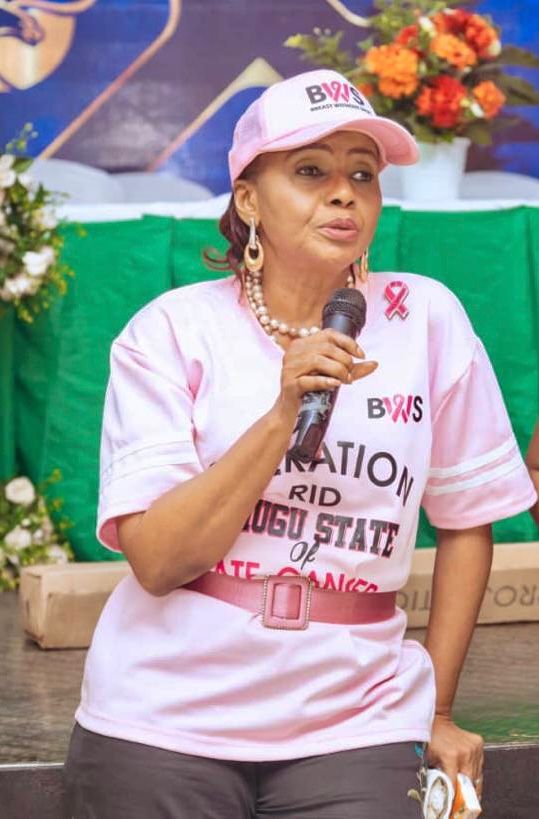
The expert, who has been in medical practice for 44 years said statistics from research revealed that why many in Nigeria perceive cancer diagnosis as death sentence is because most victims present themselves for screening and care very late when the disease must have reached the advanced stage.
From statistics, she said that survival of breast cancer after five years of diagnosis “stands at a disheartening 10 to 30 per cent” in Nigeria “compared to over 80 per cent in high-income countries.”
This, she said, means that people living in advanced countries have high rate of survival after diagnosis which is attributed to early detection.
According to her, the high mortality rate arising from cancer-related cases in middle and low-income countries is caused by late screening/diagnosis.
According to the World Health organization (WHO), cancer accounted for 72,000 deaths in Nigeria in 2020 alone.
Also, the Director General of NICRAT, Prof Usman Aliyu, had in December 2023, revealed that over 120,000 new cancer cases are recorded yearly in Nigeria.
The medical scholar and consultant who runs an NGO called Breast Without Spot (BWS), stressed that early detection helps in managing the condition and making the survivor live longer.
Speaking about factors causing screening hesitancy among Nigerians, Okoye cited cultural and religious belief, and lack of awareness. She mentioned that many Nigerians when told about the need to go for cancer examination, always say ‘it’s not my portion’, stemming from their religious belief. She added that even when diagnosis has been done, many resort to spiritual solution and use of herbal concoction which worsen the situation and eventually lead to death. “We need to change this narrative and we have called it ‘Screening Hesitancy among Nigerians’. A lot of people know that there is a need to screen but a lot of people still do not know there is a need to screen. So, we need to step up advocacy on the need for screening,” she said.
READ ALSO: Understanding Cancer And Preventive Measures
She said a lot of people in Nigeria do not know that there is a need for screening hence allowing the disease to develop to advanced stage. This she stated, drove her into advocacy about the need for regular screening.
She also frowned at people ascribing cancer disease to spiritual problem, noting that such practice do not help in managing the condition.
She encouraged the media and other health workers to key into the initiative of intensifying advocacy about cancer care to reduce the cases and mortality in the country.
“Healthcare providers need to stop practicing sick care, they need to ensure that there is enough information available to the public informing them about what they need to know; when they need to screen; and what they need to look out for.”
According to her, men at certain age need to go for prostate cancer test while women need to do monthly breast self-examination. “A female from the age of 20 should go annually to a healthcare provider to examine their breast for them. This is called clinical breast examination done by healthcare provider,” Okoye advised. She added that mammography remains a gold standard tool for breast screening.
Apart from lack of awareness, Professor Okoye also noted that poverty is another barrier to early presentation for screening.
Another speaker, Babatunde Oguntade, a consultant radiologist, expressed concern about the role of quack medical personnel who fail to manage issues including cancer, leading to complications and death.
He also spoke about lack of awareness among people and urged community and religious leaders to cooperate with health workers in creating awareness about debilitating diseases such as cancer, among their subjects, to dispel certain perceptions and attitudes that do not aide good healthcare.
He also spoke about health insurance schemes by Health Management Organisations (HMOs) which do not cover some cases like cancer screening and care, adding that it is necessary for it to be included.
In his opening remark, earlier, Publisher of Prime Business Africa, Dr Marcel Mbamalu, expressed concern that cancer is no more a disease of the elderly as in recent years there have been significant in cases among young people in Nigeria. “In fact, data from the Nigeria National Cancer Registry showed that between 2012 and 2019, there was a 24 per cent increase in cancer cases among Nigerians aged between 15 and 29,” Mbamalu stated.
He said despite this alarming statistics about the increasing rate of mortality related to cancer, health screening hesitancy remains a significant barrier to early detection and treatment in Nigeria. According to him, studies have shown that cultural beliefs, stigma and lack of awareness are major contributors to this hesitancy.
He said this trend highlights the urgent need for collective action to tame the scourge of cancer in the country.
A breast cancer survivor, Solum Kolia, said survivors need to be encouraged to speak out and not stigmatised. This, she said is both for proper care and enlightenment of other people in communities.
She also harped on the need for regular checks for early detection before complication sets in.
The cancer survivor also called for policy change in cancer management and upgrading of facilities for diagnosis and treatment in the Nigeria.
Victor Ezeja is a passionate journalist with seven years of experience writing on economy, politics and energy. He holds a Master's degree in Mass Communication.

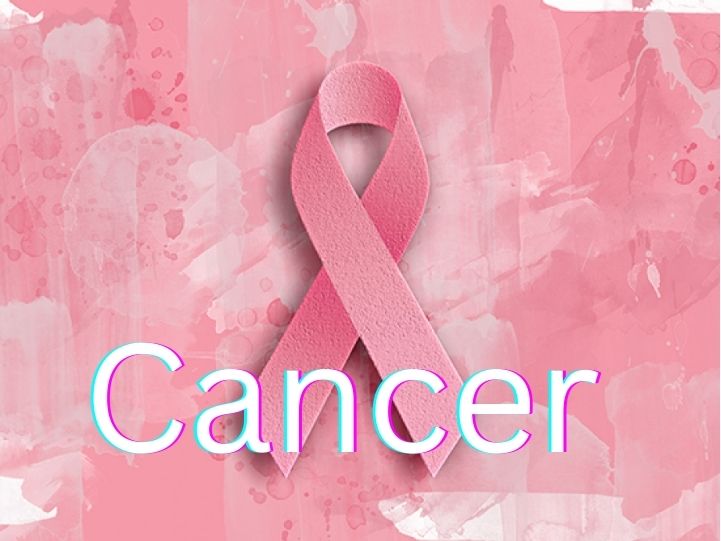



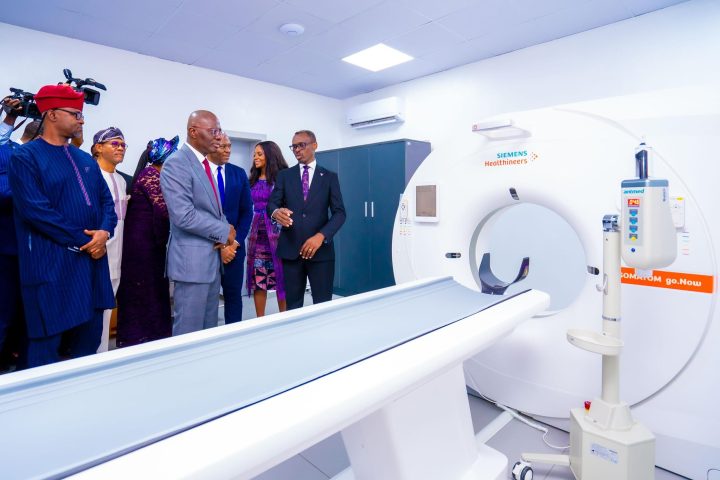











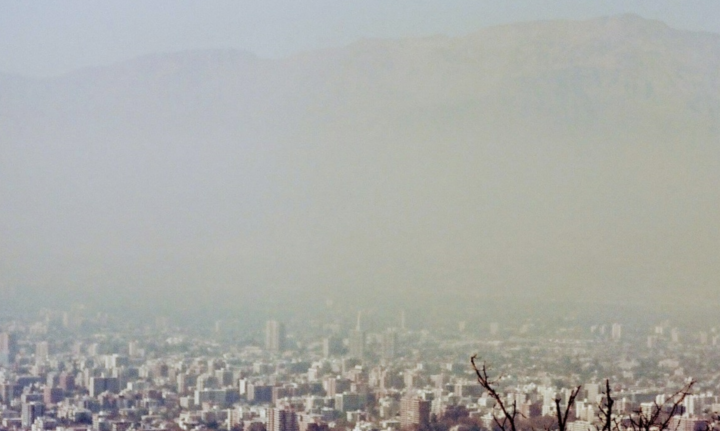
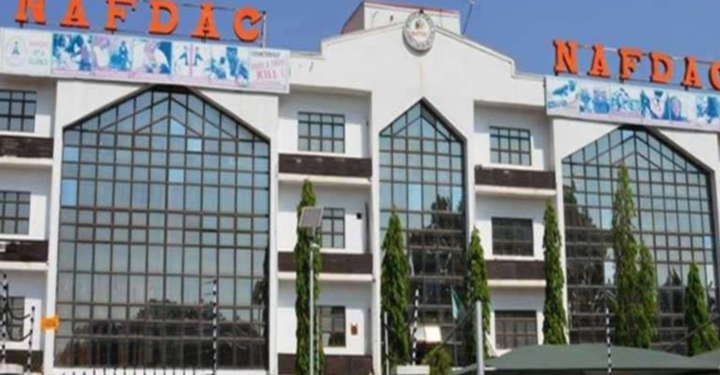
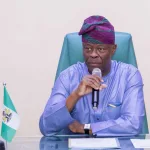
Follow Us